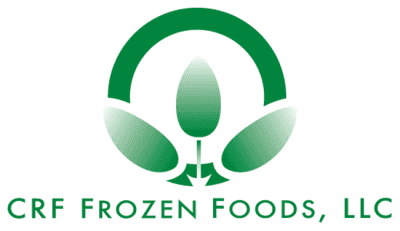Earlier this week, Walmart and Target joined other major retailers in the latest development in the National Frozen Foods Corporation listeria outbreak. The incident began during a routine US Food and Drug Administration (FDA) inspection of the CRF Frozen Foods LLC plant in Pasco, Washington from March 14-17. During that inspection, inspectors noted that “[t]he materials and workmanship of equipment and utensils does not allow proper cleaning and maintenance.”
The recall began on April 23 with 11 frozen vegetable products removed due to possible listeria contamination. The recall was expanded on May 2 to include “all frozen vegetable and fruit products that had been processed at its Pasco facility since May 2014.”Since CRF sells to different retailers under different brand names, the May 2 recall accounted for 358 frozen food products sold under 42 different brand names. The list of recalled products now spans from beans to sweet potatoes, with all products listed in detail on an FDA company announcement. The company is still trying to figure out the cause of the outbreak, and is currently working to reopen its Pasco, Washington processing plant. However, a CRF consultant recently reported that the company will be shifting its focus from finding the outbreak’s source to receiving approval from the FDA to restart production.
In its announcement, the FDA describes the expanded recall as a precaution, listing the products’ potential to be contaminated with Listeria monocytogenes as a consideration. The Centers for Disease Control (CDC) describes listeriosis, the infection caused by eating food contaminated with Listeria monocytogenes, as mainly affecting “older adults, pregnant women, newborns, and adults with weakened immune systems.” Other than avoiding the brands listed in the FDA announcement, people can reduce their risk for listeriosis in all foods by following CDC recommendations for washing and handling food, keeping the kitchen and cooking environment clean and safe, cooking meat and poultry thoroughly and storing food safely (see page for specific recommendations).
Consumers can return any of the affected products to where they purchased them for a complete refund. More generally, food manufacturers have a responsibility to make sure that they operate their facilities according to certain standards and that the food they produce is safe for consumers to eat. Those suffering from food poisoning relating to this outbreak could seek to hold the manufacturer accountable under a legal theory of negligence or strict liability. If you live in California and were affected by this outbreak, a California food poisoning attorney can advise you of your legal options.


